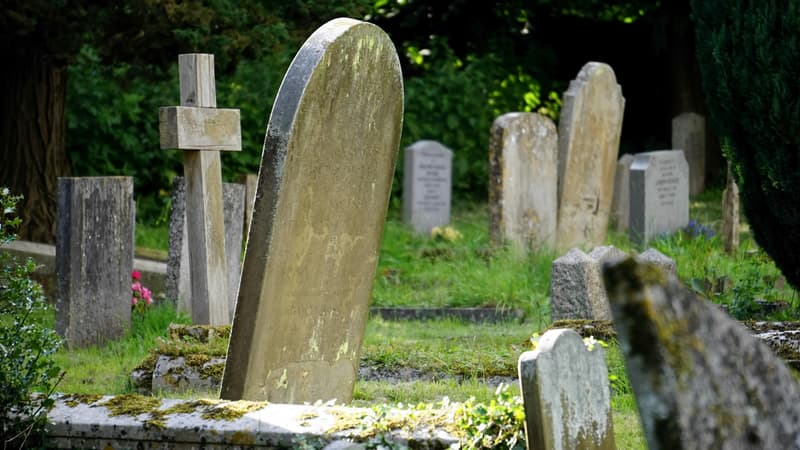This Friday is the deadliest day of the year. January 3 has been statistically, for about twenty years, the day on which the most people die in France, with an average of 1,900 deaths, compared to 1,600 during the entire period, according to data from the INSEE (National Institute of Statistics and Economic Studies). .
“In countries in the northern hemisphere, mortality from all causes peaks in early January,” observes Vincent Pradeau, president of the National Union of Cardiologists, for BFMTV.com. An excess mortality compared to the previous month that is around 20% for men, a little less for women.
How to explain this phenomenon? “No hypothesis has been formally proven, but we have strong correlations,” says cardiologist Vincent Pradeau. In fact, several factors could come into play.
The end of the end of year holidays
First of all, January 3 is a day after the end of the year holidays. “The desire to spend these holidays with loved ones, as well as the desire to reach a new year, could delay the appearance of deaths of people at the end of life and partly explain this peak,” analyzes INSEE.
Another explanation: after the end-of-year holiday break, the surgical services resume their usual activity. “This period corresponds to the resumption of scheduled surgical operations” that can cause medical complications.
By comparison, August 15 is the least deadly day of the year, with 1,410 deaths recorded on average. In fact, deaths on holidays are less frequent, which is explained, in particular, by the lower number of hospital visits and scheduled interventions. Christmas Day, for example, registers a -2% lower mortality than the three days before and after.
Vacation excesses
In general, summers are less deadly than winters. From mid-April to mid-November, the number of deaths is below average. While in the months of December, January and February, respectively, an excess mortality of +9%, +14% and +12% is recorded, particularly due to the circulation of seasonal viruses.
Some 48,100 people died in August 2024, up from 63,100 the previous January. Or 15,000 additional deaths in this first month of last year, INSEE still counts.
Another factor that could explain this excess mortality on January 3 are the end-of-year celebrations and their share of sausages, seafood and cheeses. “It’s cold (the cold forces the heart to pump harder and faster, which induces vasoconstriction and increased blood pressure, editor’s note), we move less and eat more fatty and salty products, risk factors for cardiac decompensation “explains Vincent Pradeau.
Overeating is often associated with increased alcohol consumption.
“It is a fact that alcohol increases heart rhythm disorders, particularly atrial fibrillation, which can cause the formation of blood clots,” says the specialist.
“Whether it is December 25 or 31, we consult”
Vincent Pradeau also formulates another explanation for this excess mortality: a relaxation in treatments and less recourse to care during vacations. “This is what I call the January 2 syndrome. “A person who has symptoms puts off seeing people until later so as not to spoil the vacation.”
However, this cardiologist recognizes particular difficulties related to this time of year and disturbances in the usual conditions of medical follow-up. Whether it is the visit of the substitute nurse at home or the attending doctor on vacation.
“But we do not sweep under the rug a sudden loss of vision in one eye, of speech or of the use of an arm, even if it reappears,” warns Vincent Pradeau, who calls for moderation during the holidays.
“And whether it is December 25 or 31, if we have symptoms we consult,” he insists.
If you experience chest pain, palpitations, difficulty seeing or speaking, or unusual shortness of breath, call 15 or the 112 in a European Union member country, even if symptoms improve within a few minutes.
Source: BFM TV


